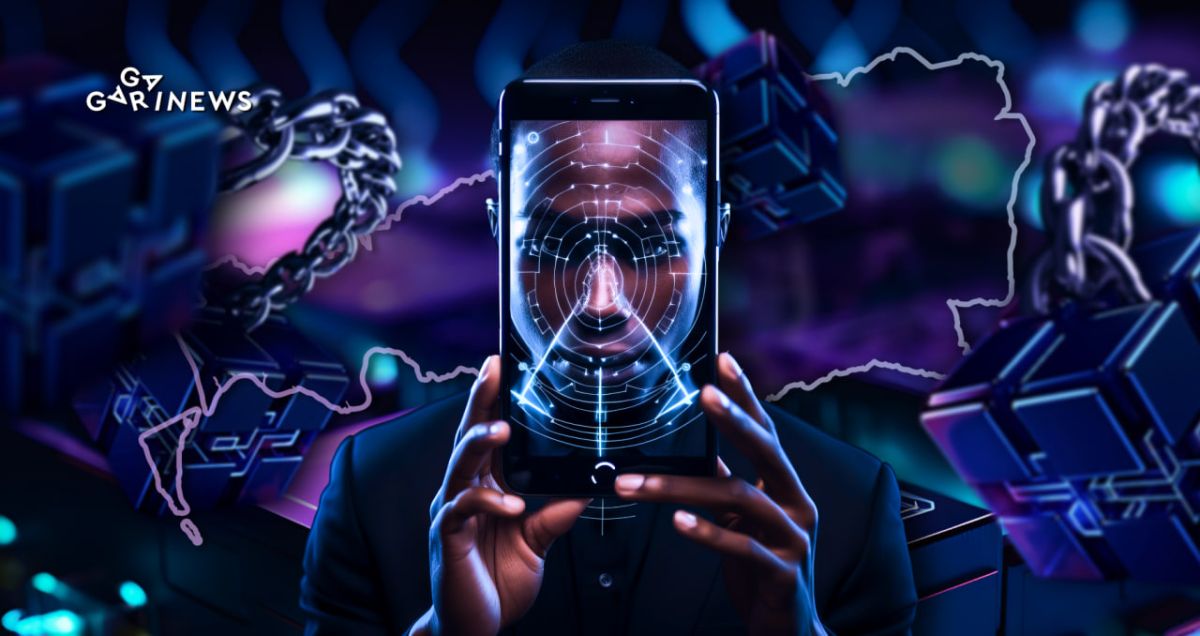Argentina Launches a Blockchain ID System

Buenos Aires is pioneering a digital ID system for its residents, with aspirations for a national rollout. The brains behind the QuarkID wallet foresee this technology gaining adoption throughout Latin America.
Countries such as Turkey, India, South Korea, and Portugal are already harnessing the power of blockchain for digital biometric identification. Now, Latin America is joining the forefront of this evolution.
Buenos Aires, in partnership with QuarkID, is set to offer these cutting-edge digital ID services to its population of over 15 million.
QuarkID is a product of the Latin American company Extrimian, which has delved into decentralized technologies tied to digital identity for several years. Guillermo Villanueva, the CEO, remarked, “This is a monumental step towards a safer and more efficient future for government services in Latin America. QuarkID creates a closer relationship between a government and its citizens while also bringing digital identity practices and security standards to Latin America.”
The foundational protocol for this initiative is Layer 2 zkSync. Argentine authorities are confident that the functionalities of zkSync and Ethereum will mitigate risks associated with data breaches and cyber-attacks on personal details, especially when this data is centrally stored.
Beginning October 5th, Buenos Aires' adult residents are required to install the QuarkID app on their devices to access birth, death, or marriage records.
From November, blockchain will facilitate access to certificates verifying income and educational qualifications.
Plans for next year include broadening the scope of services accessible via Blockchain ID.
Although Argentine regulators commenced an inquiry into Worldcoin back in early August 2023, there's consistent chatter that the foundational algorithm of the pilot project mirrors that used by Sam Altman, entailing retina scanning and subsequent data storage on the blockchain.
The Argentine Personal Data Protection Agency (AAIP) censured the OpenAI founder for infringing upon data protection regulations, yet seemed to disregard QuarkID's utilization of the identical method.
Perhaps the regulators' disapproval is rooted in their discomfort with a private entity amassing data, which they believe should exclusively be under state jurisdiction. While Altman's venture offers cryptocurrency in return for personal info, the state's proposal hinges on tethering state services to digital ID verification. At face value, these two endeavors seem perfectly capable of running concurrently.
Recommended

